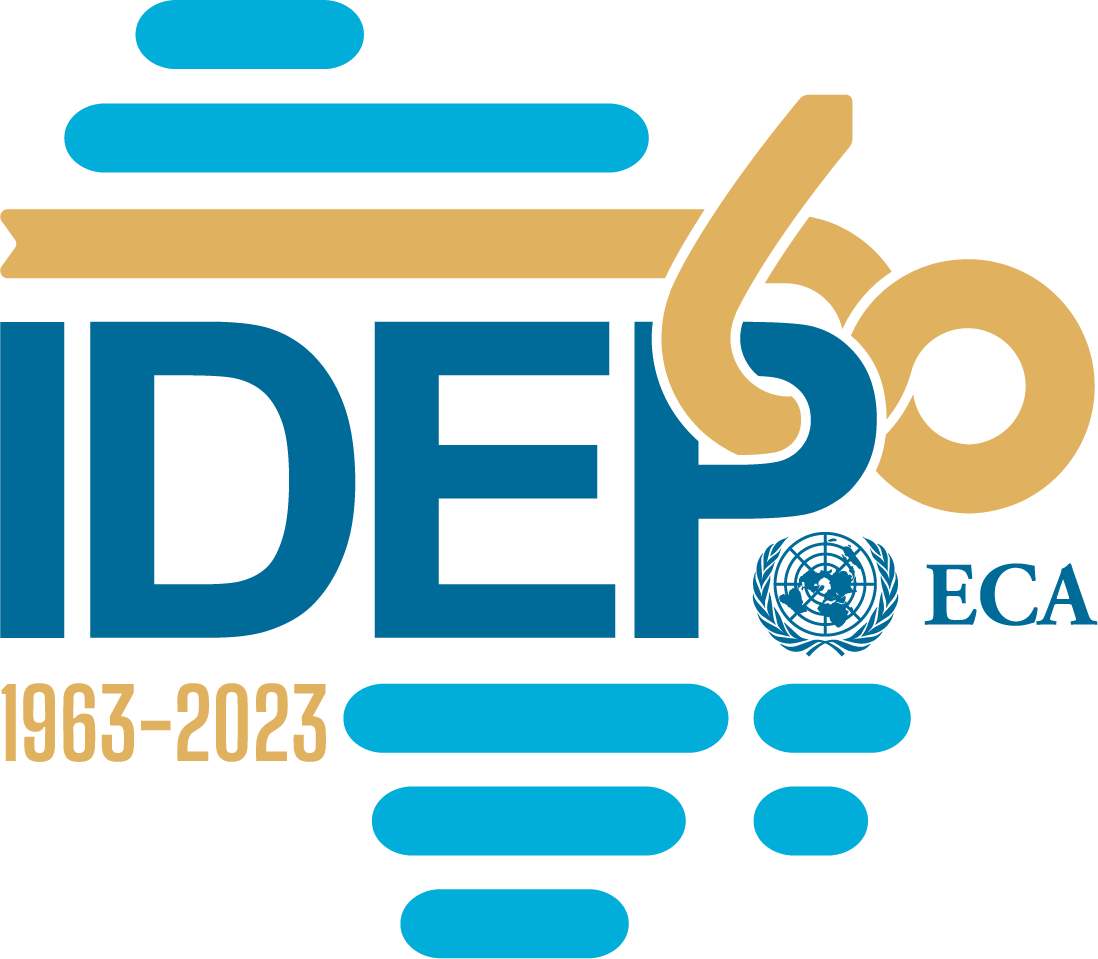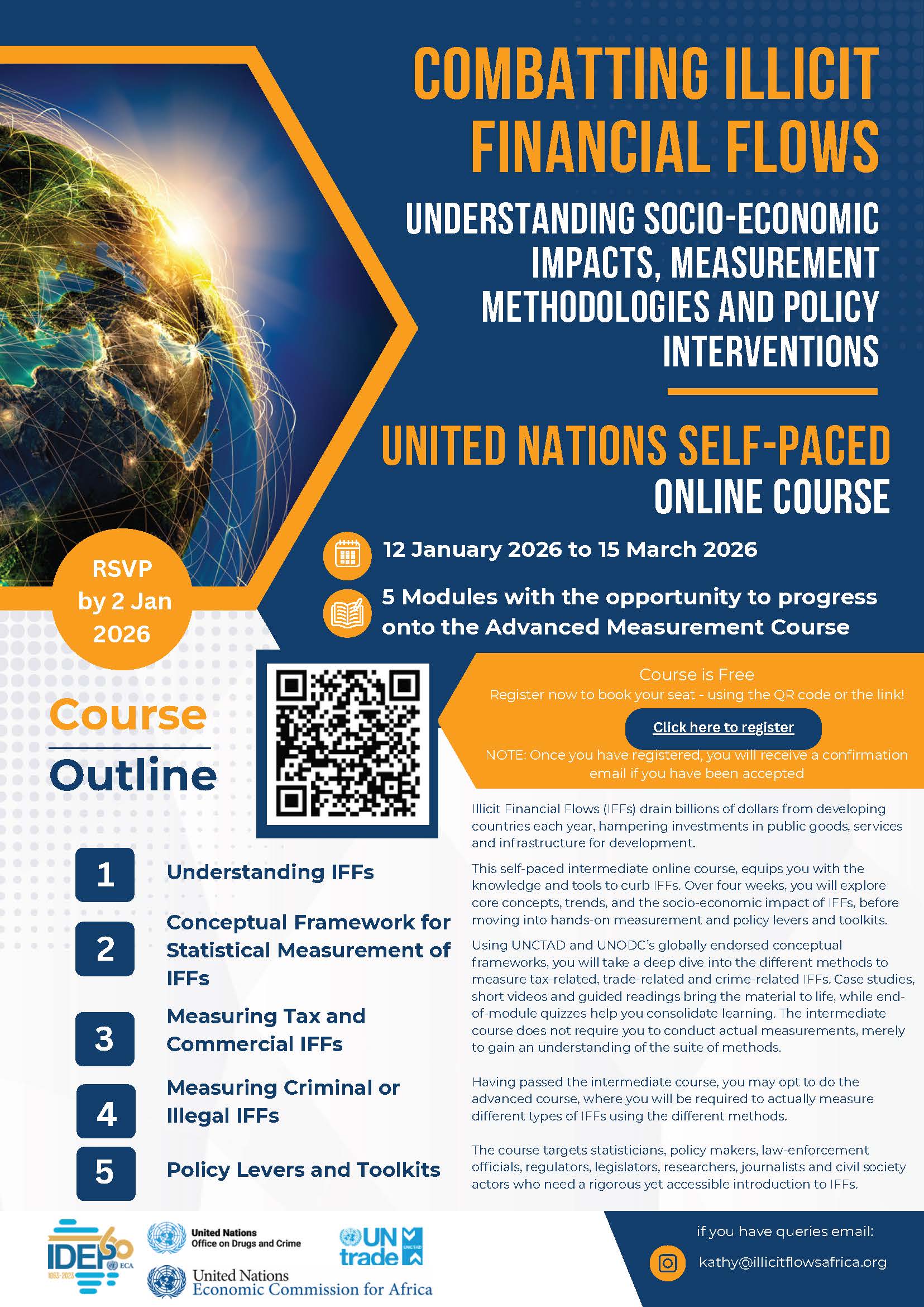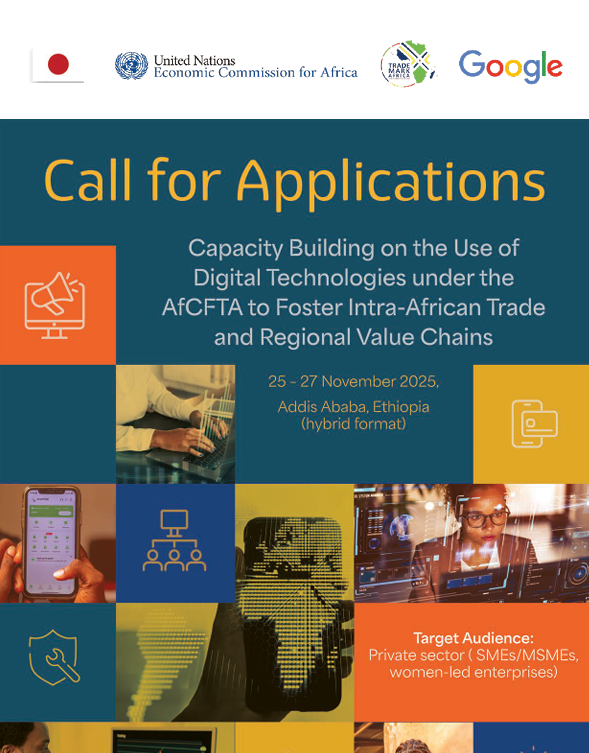FUNDAMENTALS OF NATURAL RESOURCES GOVERNANCE IN WEST AFRICA FOR PARLIAMENTARIANS, JOURNALISTS AND CIVIL SOCIETY MEMBERS
Announcement in Brief
|
Programme Rationale
Africa is endowed with abundant natural resources. In addition to its vast Agricultural resources, the continent is home to about 30 percent of the world’s mineral reserves, 8 percent and 12 percent of the world’s natural gas and oil reserves respectively. Specifically, the continent holds about 40 percent of global gold reserves and up to 90 percent of its chromium and platinum in addition to other minerals such as cobalt, diamonds, platinum, and uranium. Africa’s extractive sector provides enormous opportunity to spur economic growth and achieve sustainable and inclusive socioeconomic development in resource endowed countries.
Cumulatively, the sector accounts for over two-thirds of the continent’s exports and significant share of total government revenues and Gross Domestic Product (GDP) and provides an avenue for job creation both directly and indirectly along its value chains. Beyond the fiscal benefits, extractive resources provide economic opportunities which when optimally exploited can broaden the economic base of resource endowed economies through efficient fiscal and regulatory framework, local content, sectoral linkages, sustainable investment of resource revenues, diversification etc.
Objectives
This course aims to build the capacity of non-state actors to better understand the challenges and instruments of natural resource governance. It will focus on the contextual data of the extractive sector as well as the policy and legal framework of the sector in West Africa. The aim is to provide stakeholders with the technical tools to consolidate their commitment and build their evidence-based advocacy.





